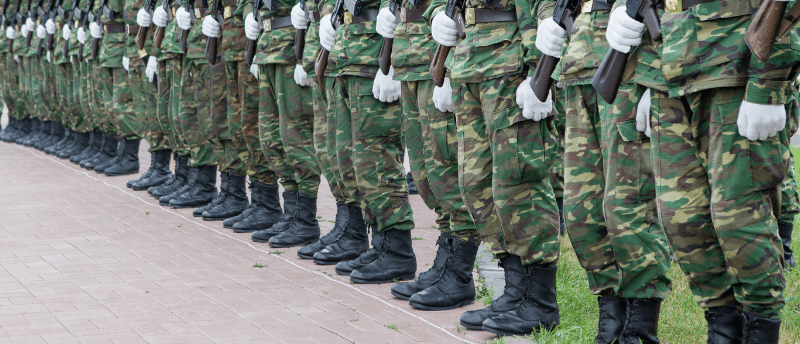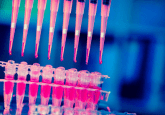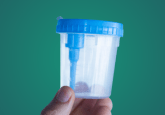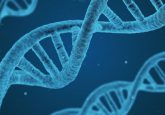Unique bacterial signature of PTSD found in saliva

A new study has demonstrated that a specific type of bacteria is present in the saliva of veterans with post-traumatic stress disorder (PTSD), which could potentially help diagnose the disorder.
Researchers from Tel Aviv University and Haifa University (both Israel) have published a study detailing their finding that those suffering from PTSD have similar saliva microbiome profiles, which are unique to those with the disorder. This finding may allow for the physical diagnosis of PTSD in the future, not just psychological. Finding a biomarker for PTSD would also expedite the diagnosis and offer a less upsetting diagnostic tool.
PTSD is a common disorder and a growing public health concern. The symptoms include intrusiveness, negative mental state, concentration problems and sleep disturbances, among others. Additionally, it has a high comorbidity with depression and substance abuse. Until now, the diagnosis of PTSD was purely subjective and involved completing self-reporting psychological assessments.
The research team tested the saliva of 200 veterans of the 1982 Lebanon War. They also conducted a behavioral test with the participants, assessing PTSD-related symptoms and issues of demographic, welfare and education. They analyzed the participants’ saliva samples using non-invasive oral RNA sequencing and compared these to the participants’ behavioral test results. The researchers found that one-third of the veterans had undiagnosed PTSD.

Can’t stand broccoli or sprouts? Your oral microbiome, not your fussy habits, may be the reason
Bacteria in your microbiome release sulfurous gases in response to Brassica vegetables.
The RNA sequencing revealed that PTSD severity correlated with the microbial profile of the saliva. Decreased amounts of bacteria such as sp_HMT_914, 332 and 871 and Noxia were associated with PTSD, the lower the bacteria count, the more intense the symptoms. However, years of education correlated with an increased amount of sp_HMT_871, other bacteria and less severe psychological symptoms. Other environmental factors, such as air pollution, positively correlated with saliva profile and PTSD symptom severity.
These findings, defining the bacterial signature of PTSD, may assist with the future diagnosis of the disorder as well as offer a potential therapeutic target for PTSD medications to reduce symptom severity.
Senior author of the study, Illana Gozes (Tel Aviv University), commented, “Thanks to this study, it may be possible, in the future, to use objective molecular and biological characteristics to distinguish PSTD sufferers, taking into account environmental influences. We hope that this new discovery and the microbial signatures described in this study might promote easier diagnosis of post-traumatic veteran soldiers so they can receive appropriate treatment.”





